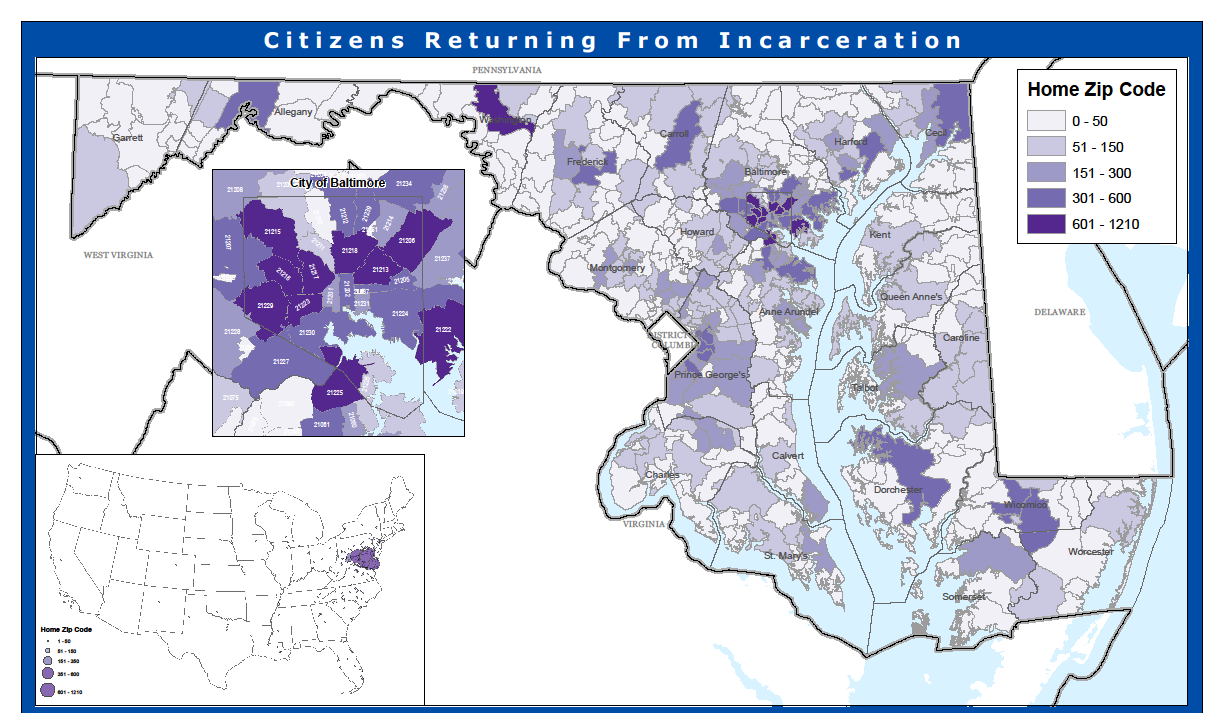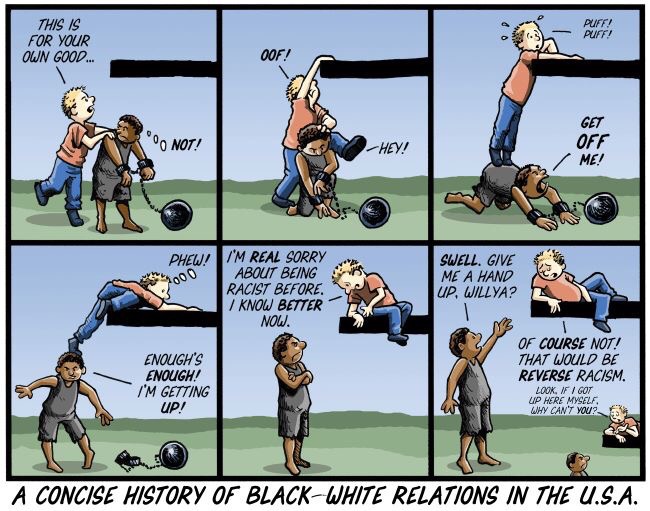The General Assembly’s Workgroup on Public Safety and Policing Issued its recommendations yesterday, just in time for the start of the legislative session tomorrow. This Post article has a good summary of the situation and some reactions.
A Maryland legislative panel on Monday offered sweeping changes in police policies, including giving officers periodic psychological evaluations and allowing the public to attend police trial boards.
Under the proposed changes, residents would also be given more time to file brutality complaints.
The Public Safety and Policing Work Group voted to submit 21 recommendations to Senate President Thomas V. Mike Miller Jr. (D-Calvert) and House Speaker Michael E. Busch (D-Anne Arundel) for the General Assembly to consider. It spent the past six months reviewing police practices and devising ways to improve police-community relations.
Here’s the full list of recommendations:
Workgroup on Public Safety and Policing
January 11, 2016
RecommendationsRECOMMENDATION NO. 1: The LEOBR complaint filing deadline triggering the requirement that disciplinary action be undertaken by a law enforcement agency shall be extended from 90 days to a year and a day.
RECOMMENDATION NO. 2: The requirement for notarization of a complaint alleging excessive force shall be eliminated, and replaced with a requirement that a complaint be signed by the complainant under the penalty of perjury.
RECOMMENDATION NO. 3: The public complaint process in each jurisdiction shall be uniform throughout the State, streamlined, and publicized on department websites. A complainant shall be required to divulge their identity in a manner that is sufficient for a department to contact them and verify the legitimacy of the complaint. When there is a final disposition of a complaint, the complainant shall be informed of the outcome.
RECOMMENDATION NO. 4: The time period for retaining an attorney for the internal investigation and disciplinary process under LEOBR shall be reduced from 10 days to 5 days.
RECOMMENDATION NO. 5: As is the case in some jurisdictions, all law enforcement agencies in the State shall open their administrative LEOBR hearing board proceedings to the public. The General Assembly shall strike the statutory prohibition against citizen participation to allow a jurisdiction to permit a citizen who has received training in LEOBR to sit as a member of the administrative hearing board.
RECOMMENDATION NO. 6: The law shall be changed to ensure that whistleblower protections are given to protect from retaliation officers who participate in investigations or who raise issues for investigation.
RECOMMENDATION NO. 7: Each law enforcement agency shall require a use of force/incident report to be completed by the end of the shift unless the officer is disabled.
RECOMMENDATION 8: Official department policies and collective bargaining agreements are public documents but are not easily available to the public. All department policies and collective bargaining agreements shall be available online.
RECOMMENDATION NO. 9: The Department of Public Safety and Correctional Services is primarily responsible for the administration of State prisons and correctional services with few law enforcement trained personnel or sworn law enforcement officers in the Department. Law enforcement training and standards are significantly different from that of the State correctional system. An independent Maryland Police Training and Standards Commission (MPTSC) shall be established to focus solely on best practices, standards, and training in law enforcement and to create uniformity in policing practices across the State.
RECOMMENDATION 10: The independent MPTSC shall include: representatives of State and local government; representatives of State and local law enforcement administrators; representatives of State and local law enforcement personnel; a representative of the Fraternal Order of Police; a representative of local State’s Attorneys; legislative members; members with expertise in community policing, policing standards, and mental health; and citizen members without relationships to law enforcement.
RECOMMENDATION NO. 11: The Commission shall require each law enforcement agency to establish a confidential and non-punitive early intervention policy for dealing with officers who receive three or more citizen complaints within a 12 month period. (Such a policy may not prevent the investigation of or imposition of discipline for a particular complaint.)
RECOMMENDATION NO. 12: The MPTSC shall develop and require in-service anti-discrimination and use of force de-escalation training every other year for all law enforcement officers.
RECOMMENDATION NO. 13 The MPTSC shall evaluate and modernize recruitment standards and practices to increase diversity in law enforcement departments and shall develop media strategies for recruiting women, African American, Latino, and other minority candidates.
RECOMMENDATION 14: The MPTSC shall develop a State certification that is transferrable between departments.
RECOMMENDATION 15: The MPTSC shall develop and require annual reporting to the Commission by each department on the number of serious officer involved incidents, the number of officers disciplined, and the type of discipline that was administered.
RECOMMENDATION 16: The Workgroup recommends that the MPTSC review the National Institute of Justice example use of force continuum and develop by regulation a set of best practices and standards for use of force.
RECOMMENDATION 17: The MPTSC shall develop standards for mandated psychological evaluation after traumatic incidents and for law enforcement officers returning from combat deployment as well as periodic psychological evaluations for all officers as determined appropriate by the Commission. The MPTSC shall also amend the Code of Maryland Regulations to require that an applicant for police officer undergo a pre-employment psychological evaluation by a psychologist.
RECOMMENDATION 18: The MPTSC, in consultation with DHMH, shall establish a confidential hotline that is available for law enforcement personnel to contact to speak to a trained peer law enforcement officer or a mental health professional who can assist with initial counseling advice and confidential referral to appropriate programs as needed.
RECOMMENDATION 19: The MPTSC shall develop a Police Complaint Mediation Program in which certain non-violent complaints made against police officers are referred out of the standard complaint process and to voluntary mediation to be conducted by an independent mediation service.
RECOMMENDATION 20: The MPTSC shall develop best practices for establishment and implementation of a Community Policing Program in each jurisdiction. Annually, each department shall file their community policing program with the MPTSC and the Commission shall review each program and offer comments to the jurisdiction. All community policing programs shall be posted online.
RECOMMENDATION 21: State grants and funding shall be increased to provide matching funds for local jurisdictions to increase community law enforcement programs such as the Police Athletic Leagues (PALs), the Explorers Program, and similar recreational activities. The MPTSC and GOOCP shall also provide technical assistance to departments in applying for any federal, State or foundation grants available for these purposes.
RECOMMENDATION 22: Incentives shall be provided by the State and local jurisdictions to encourage law enforcement officers to live in the communities in which they police, particularly in high crime, high poverty areas. These incentives shall include measures like take home patrol cars, property tax credits, renter’s tax credits, and State and local income tax deductions for officers who live in the jurisdiction in which they work.
RECOMMENDATION 23: The LEOBR shall be amended to require that for use of force incidents, the trial board shall be composed of one member selected by the Chief or Sheriff, one member selected by the FOP/affected employee, and one member who is mutually agreed upon. The members must be selected from a pool of police officers who are not from the affected officer’s jurisdiction. One member must be of equal rank to the affected employee. A collective bargaining agreement may specify a different method of choosing a trial board.
The issuance of the report prompted a reaction from the Maryland Coalition for Justice & Police Accountability:
The coalition recognizes the positive votes today by the Maryland Public Safety and Policing Workgroup, which are an important start to allow for increased civilian participation in misconduct investigations, more transparency for the community and victims, and more robust training. We appreciate the time and effort put in by the workgroup. Nonetheless, there remain important areas that need improvement to ensure real accountability, especially in communities targeted by racially biased over-policing. Reforms that are still needed include lifting the restriction on who can file a police brutality complaint, lifting the restriction that only sworn law enforcement personnel may investigate complaints, and requiring that complainants identify themselves. In addition, we are concerned about a last-minute addition to the recommendations that would change the composition of the trial board to give the FOP a greater role in the discipline process.
Sounds about right to me. The preliminaries are over - the heavy lifting starts tomorrow.

